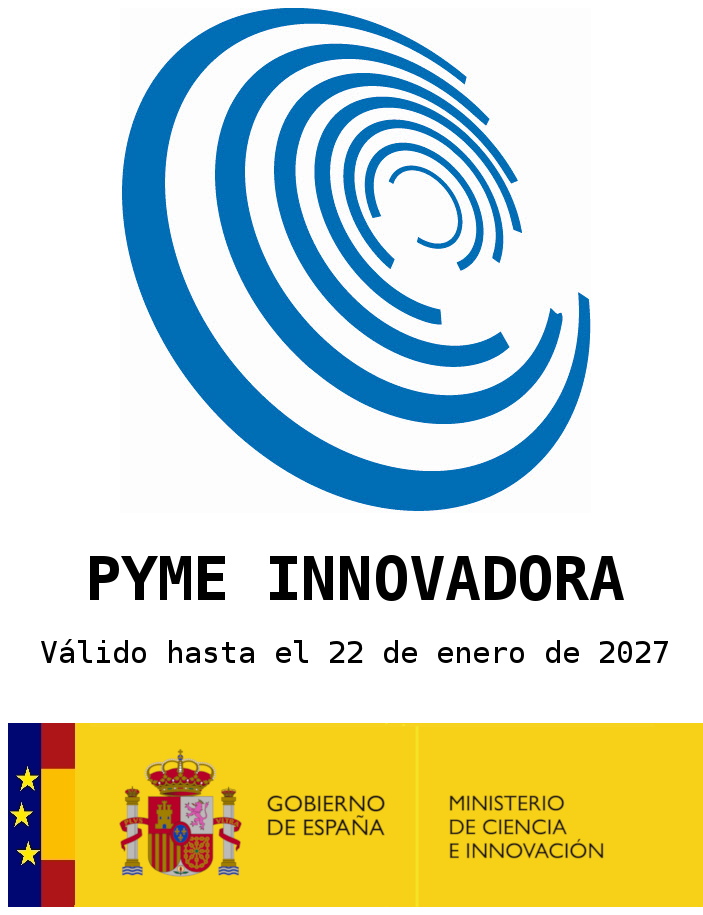– The collaboration extends to the centers Hospital Universitario Virgen de la Arrixaca (Murcia), Hospital Universitario Virgen de la Victoria (Málaga) and Hospital Universitario Jerez de la Frontera (Cádiz), thanks to the adhesion of the Fundación para la Formación e Investigación Sanitarias de la Región de Murcia (FFIS), the Fundación para la Investigación de Málaga en Biomedicina y Salud (FIMABIS) and the Fundación para la Gestión de la investigación Biomédica de Cádiz (FCADIZ). – The project seeks the clinical pre-validation of biomarkers for early and accurate prognosis (anticipation in diagnosis) of sepsis, as well as the stratification of patients, key to advance towards personalized medicine, improving medical intervention and saving lives.
Madrid – Murcia. February 2025. Viva In Vitro Diagnostics, a Murcian company specialized in the research and development of solutions and services in the biotechnological field, has signed a collaboration agreement with the Murcian Health Service and the Andalusian Health Service to carry out a pioneering research project aimed at reducing hospital mortality due to sepsis and other acute inflammatory processes.
The project consists of the clinical pre-validation of markers that provide information for an early and accurate prognosis of sepsis, as well as the stratification of patients, which is key to advance towards personalized medicine that allows improving medical intervention.
The Viva In Vitro team, at the forefront of research and development in NLRP3 and inflammatory processes, will work together with the hospitals Universitario Virgen de la Arrixaca (Murcia), Universitario Virgen de la Victoria (Málaga) and Universitario Jerez de la Frontera (Cádiz) for the clinical pre-validation of biomarkers that provide early information on immune system dysfunction, allowing early and accurate prognosis1 and stratification of sepsis, as well as predicting the evolution of the disease in affected patients.
Sepsis is one of the leading causes of in-hospital mortality worldwide, and it is estimated that 25% of hospitalized patients and up to 75% of ICU patients may develop sepsis. Between 20% and 50% of patients with sepsis progress to septic shock and, of these, between 30% and 60% die. In addition, up to 50% of sepsis survivors suffer physical and/or psychological sequelae.
This project has the potential to revolutionize the treatment of sepsis by providing diagnostic and prognostic tools that enable earlier and more effective intervention, thus saving countless lives. In addition, the results of this study are expected to contribute to scientific transfer to clinical practice, benefiting laboratories, hospitals, research centers to save patients’ lives by providing more accurate and efficient solutions and services.
This collaboration will enable a multicenter study of NLRP3 inflammasome activation and other related interleukins as possible markers of diagnosis, severity and clinical course in patients with sepsis, although it also has applications in other conditions such as multiple sclerosis, cancer or heart disease, among others. This study will collect samples from at least 280 patients diagnosed with sepsis (respiratory, renal, abdominal and others), as well as samples from another 80 control individuals, all of them on a voluntary basis.
This study will focus on the activation of the NLRP3 inflammasome and the measurement of related interleukins (such as IL-18, IL-1β, among others) in blood samples from septic patients, using advanced laboratory techniques such as flow cytometry, ELISA and paper immunochromatography. All samples will be analyzed in Viva in Vitro’s own facilities and laboratory at the Murcia Science Park.
Collaboration between Administrations and Research Centers
This initiative is promoted by Viva In Vitro Diagnostics in collaboration with two of Spain’s leading health services in research:
- On the one hand, the Andalusian Health Service, through the Virgen de la Victoria University Hospital (Malaga) and Jerez de la Frontera University Hospital (Cadiz), with the support of the Malaga Foundation for Research in Biomedicine and Health (FIMABIS) and the Foundation for the Management of Biomedical Research of Cadiz (FCADIZ), with the participation of the Institute for Biomedical Research of Malaga (IBIMA) and the Institute for Biomedical Research and Innovation of Cadiz (INIBICA).
- On the part of the Murcian Health Service, through the Virgen de la Arrixaca University Hospital (Murcia), with the support of the Foundation for Health Training and Research of the Region of Murcia (FFIS), and the IMIB (Murcian Institute of Biosanitary Research).
The investment and joint efforts of these entities seek not only to improve the health of patients, but also to increase the efficiency of healthcare systems, reduce the costs derived from the stay in ICU and hospitalization of these patients, the length of stay, and improve the quality of life of people, especially the elderly and children, the most affected by the ravages of this condition.
The research team will be led by Dr. Verónica Cánovas Hernández, Biotechnology Development Manager of Viva In Vitro Diagnostics, and will have the collaboration of leading specialists in intensive care medicine and anesthesiology from the participating hospitals:
- Dr. María Piedad Martínez Gil (principal investigator at her center), Giovanni Alessandro Ercole, José Fernández-Pachecho Jiménez and José Antonio García Martínez, specialists in the Anesthesia and Resuscitation Service, as well as José Eugenio Martínez (principal investigator at his service) and Enriqueta Andreu Soler, specialists in Intensive Care Medicine, all of them from HCUVA (Murcia).
- For the Hospital Universitario Virgen de la Victoria de Málaga (Málaga), the principal investigator in her center will be Dr. María del Mar Luque Fernández, Specialist in Intensive Care Medicine. While Dr. Ángel Estella, Specialist in Intensive Care Medicine, and Dr. Salvador López Cárdenas, Specialist in Infectious Diseases, will be the principal investigators in their respective services at the University Hospital of Jerez de la Frontera (Cádiz).
Viva In Vitro Diagnostics is a spin-off of the Instituto Murciano de Investigación Biosanitaria and the Fundación para la Formación e Investigación Biosanitaria de la Región de Murcia. It is chaired by Joaquín Gómez-Moya, with Toni Vilaplana as General Manager, and Dr. Pablo Pelegrín as Scientific Advisor for the Steering Committee and founder.
For Toni Vilaplana, “this collaboration is crucial to make significant progress in the fight against sepsis. This project is a crucial step towards personalized medicine, improving the quality of life of patients and the efficiency of healthcare systems. We are grateful for the support of our partners and are committed to transforming these findings into practical and effective solutions that will reach patients soon.”









